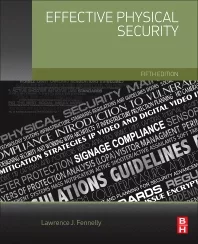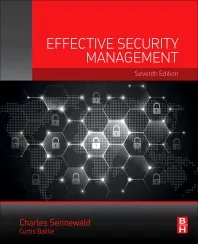Study Says Conversations Are More Effective for Airport Security
A new study says that asking airline passengers open-ended, conversational questions is 20 times more successful at catching deceptive passengers than the screening method traditionally used in the U.S. and other countries.
In the study, which was funded in part by the British government and published in the Journal of Experimental Psychology: General, 204 mock airplane passengers — including acting students and undercover police detectives — were given cover stories, and asked to attempt to deceive security agents in real airport screenings in Europe. As an extra incentive, the mock passengers were given money if they successfully avoided detection by the security agents.
Trained security agents who used the new, conversation-based screening method successfully detected 66 percent of the mock passengers. However, security agents looking for signs of suspicious body language — such as lack of eye contact and fidgeting — detected just 3 percent of mock passengers.
"The suspicious-signs method almost completely fails in detecting deception," said study author Thomas Ormerod, head of the School of Psychology at the University of Sussex in England. “In addition, it costs a lot of money, absorbs a lot of time and gives people a false sense of security."
In the new method, called Controlled Cognitive Engagement (CCE), security agents engage in an informal conversation with passengers, asking them open-ended questions. Based on the passenger's responses, the agent asks questions seeking information that the passenger should know if his or her account is true.
But the agents are not necessarily interested in the accuracy of the passenger's responses — rather, they are looking for changes in the passenger's behavior, such as increasingly shorter responses, or evasive or erratic responses, the researchers said.
Read more: http://www.apa.org/pubs/journals/releases/xge-0000030.pdf
Looking for a reprint of this article?
From high-res PDFs to custom plaques, order your copy today!





